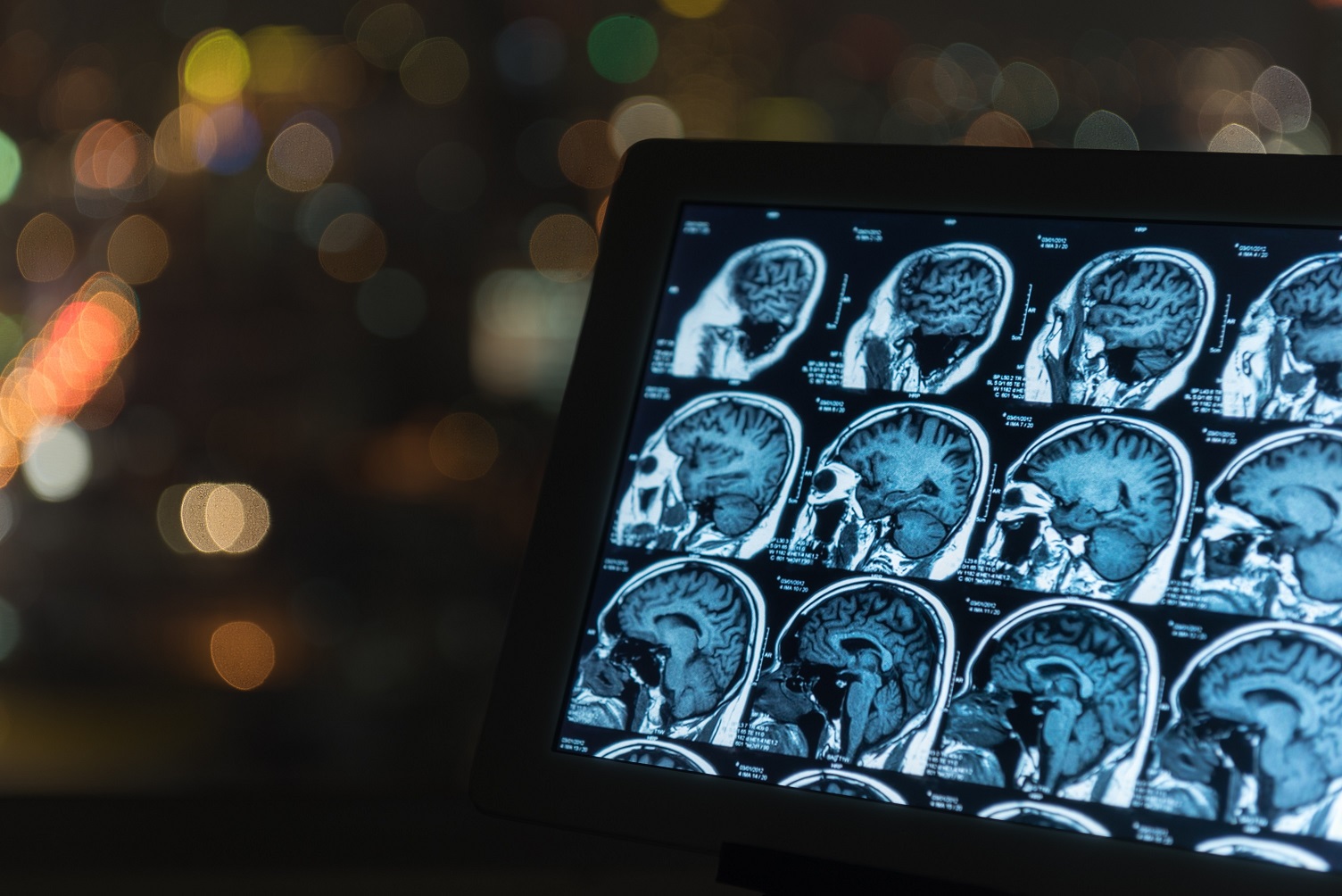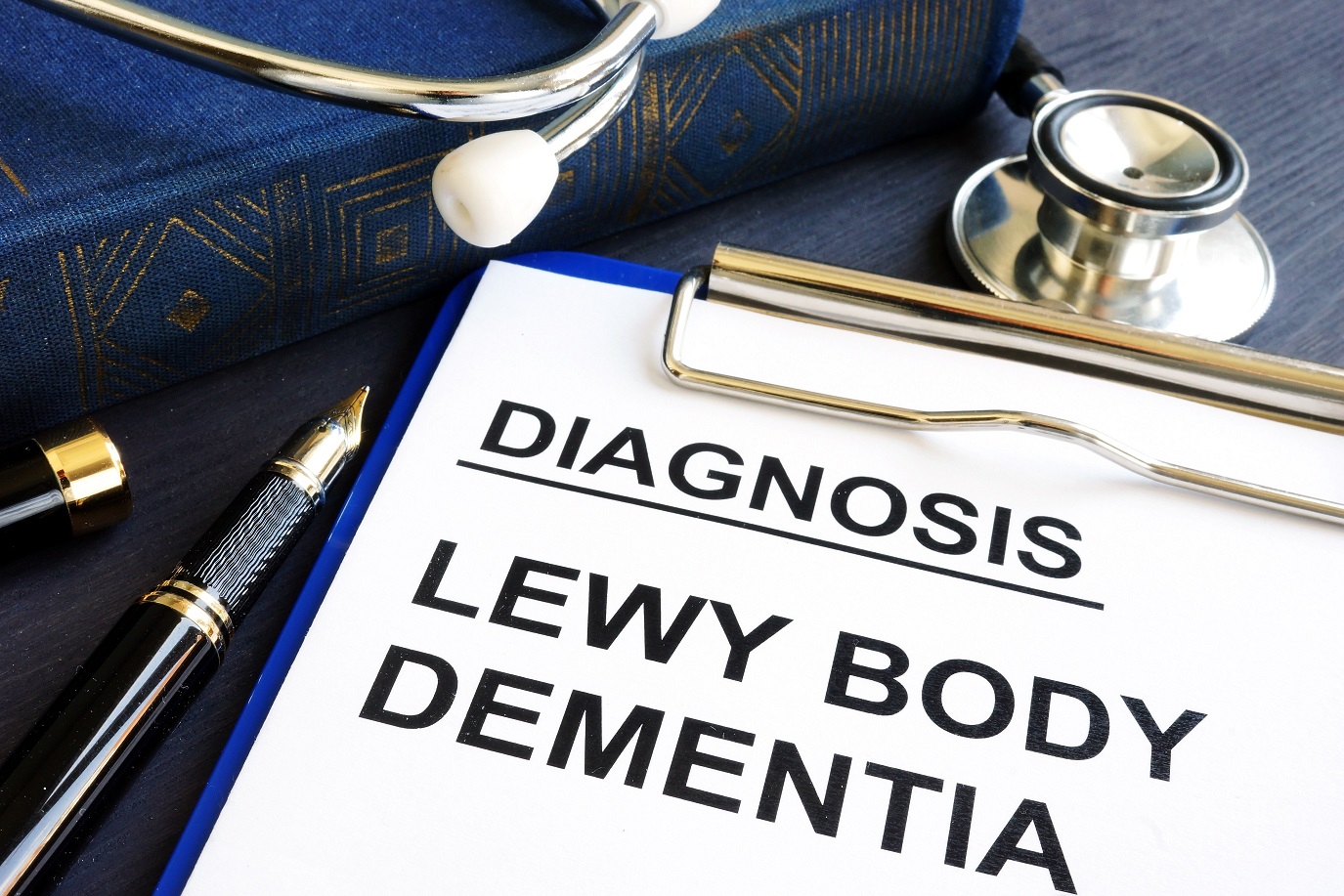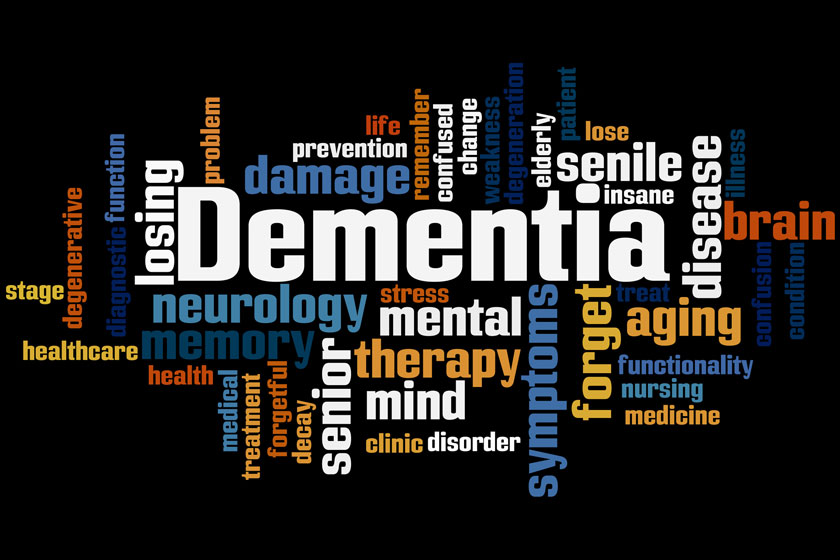MCI Mild Dementia Recent Articles

A recent study estimates that the number of people in the United States developing dementia each year will double to nearly one million annually by 2060. For Black Americans, the annual number of new cases is projected to triple. This surge is primarily driven by the aging population, as Americans are living longer than ever […]

Since different factors can cause different kinds of Dementia, a person may experience more than one form of Dementia at once. Whenever this occurs, the patient is diagnosed with mixed Dementia, clinically known as dementia-multifactorial. At least one out of every ten people with Dementia has more than one type. Unfortunately, mixed Dementia is significantly […]

Dementia is a combination of symptoms that adversely affect memory, thinking, and social abilities. There are several varieties of Dementia, one of which is Frontotemporal Dementia, which progresses over time and is irreversible. Frontotemporal Dementia (FTD) develops when nerve cells in the frontal and temporal lobes of the brain deteriorate. The lobes become smaller as […]

There has been a lot of debate recently about MRI and dementia. Can MRI diagnose Alzheimer’s? This is a complicated question. Let’s start by saying it can definitely be helpful in diagnosing the problem behind dementia. The word “Dementia” often begins to bubble up when a person develops cognitive deficits. This is typically observable by […]

Alzheimer’s disease and Lewy body dementia are different forms of dementia. Both progressive disorders have similarities and apparent differences. This article examines the differences between Lewy body dementia and Alzheimer’s disease and looks at Lewy Body Dementia vs Alzheimer’s. In addition, each condition’s causes, symptoms, and prognosis (expected outcome) are compared, as well as the […]

The term dementia encompasses a variety of disorders, including Alzheimer’s disease, dementia with Lewy Bodies, frontotemporal dementia (FTD) and others. Even though each type of dementia progresses differently, two general diagnostic models describe dementia progression: the three-stage and the seven-stage models. In the latter case, a patient’s decline is categorized into more specific stages. Understanding […]





